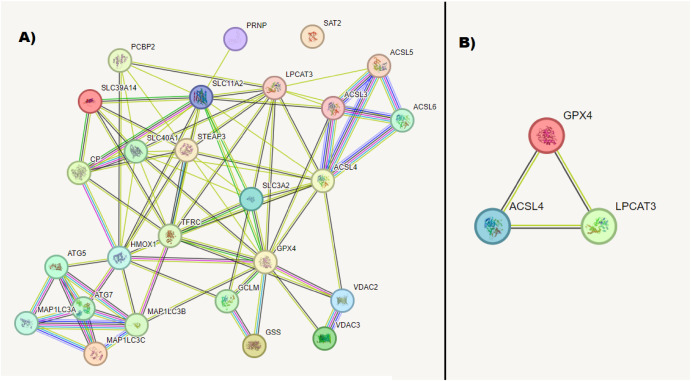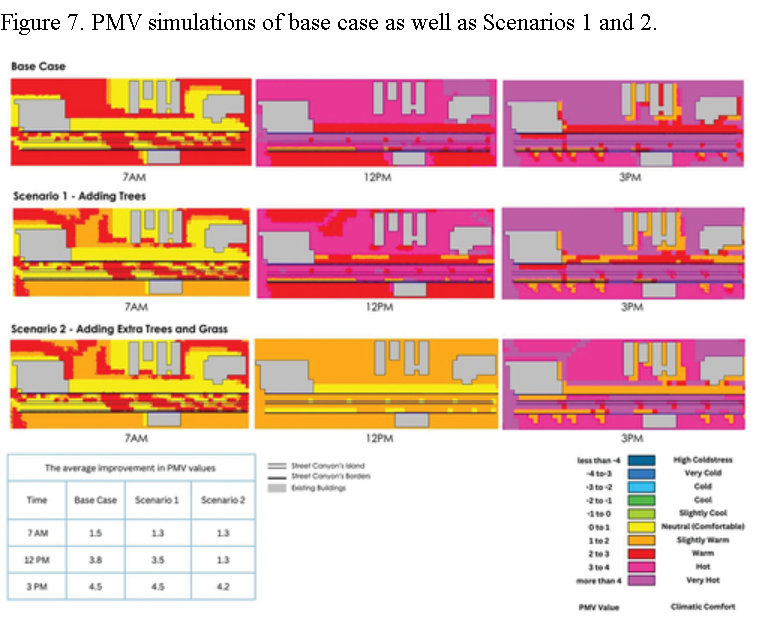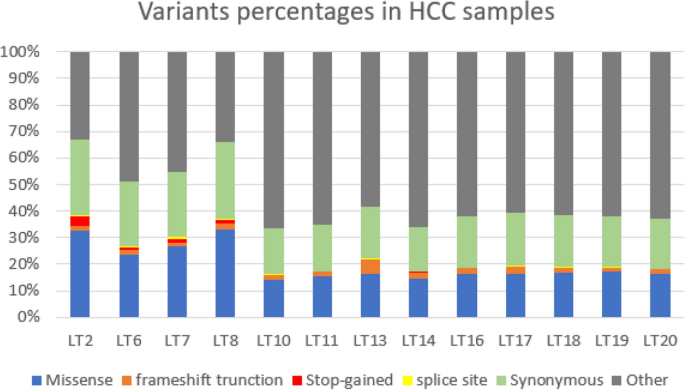
Cognitive Radio Networks with Probabilistic Relaying: Stable Throughput and Delay Tradeoffs
This paper studies fundamental throughput and delay tradeoffs in cognitive radio systems with cooperative secondary users. We focus on randomized cooperative policies, whereby the secondary user (SU) serves either its own queue or the primary users (PU) relayed packets queue with certain service probability. The proposed policy opens room for trading the PU delay for enhanced SU delay, and vice versa, depending on the application QoS requirements. Towards this objective, the system's stable throughput region is characterized. Furthermore, the moment generating function approach is employed and generalized for our system to derive closed-form expressions for the average packet delay for both users. The accuracy of these expressions is validated through simulations. Analytical and simulation results reveal that the service probability can steer the system into prioritizing PU's traffic at the expense of SU's QoS, or vice versa, independently from the admission probability. Alternatively, the ability of the admission probability to control the throughput and delay at the PU or the SU depends on the selected value for the service probability as well as the channel conditions. Finally, it is shown how the service and admission probabilities could be used to achieve the desired QoS level to both PU and SU. © 2015 IEEE.



